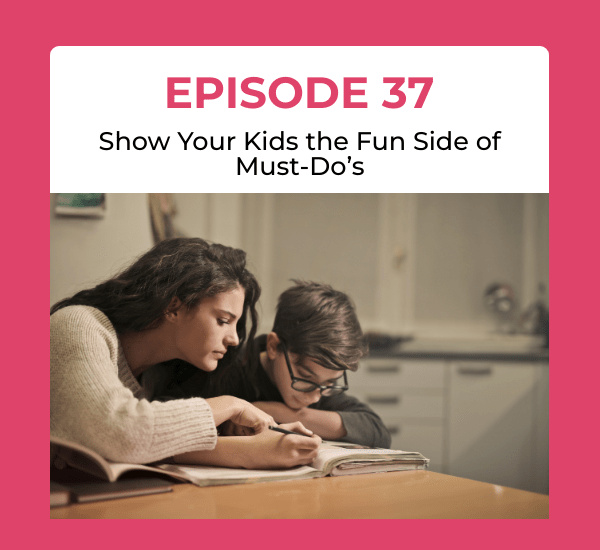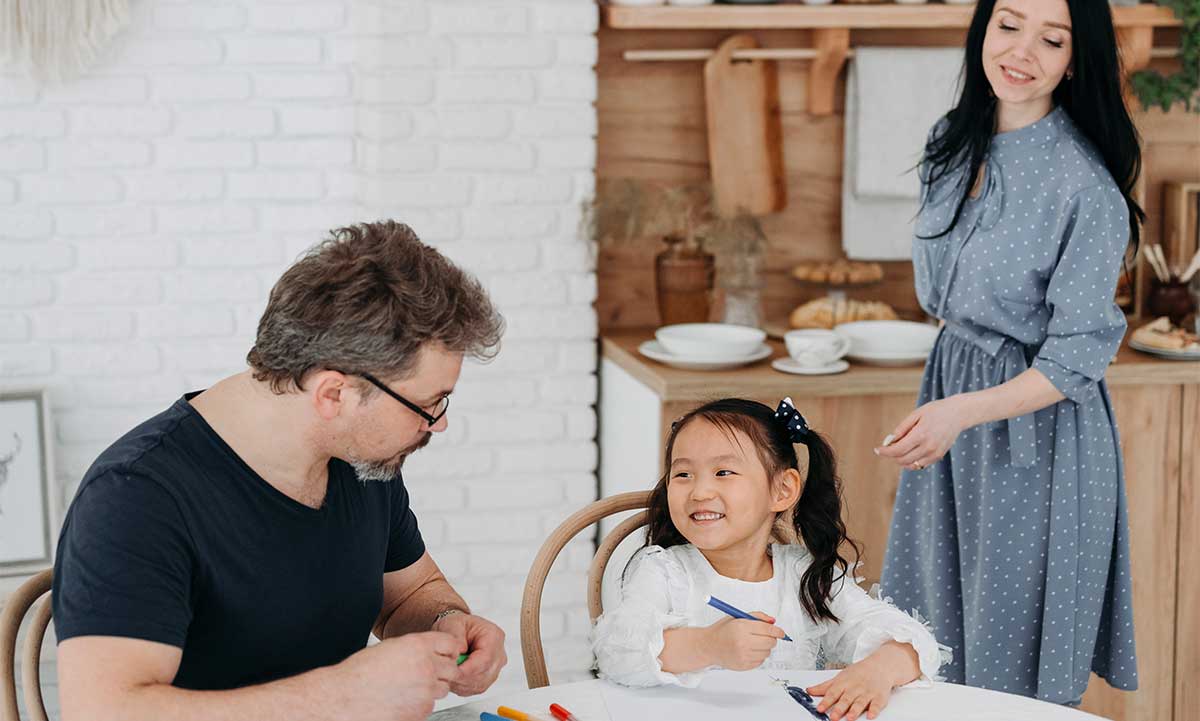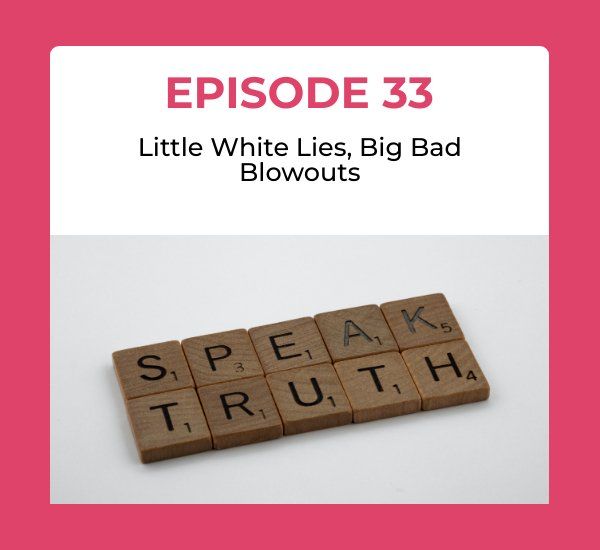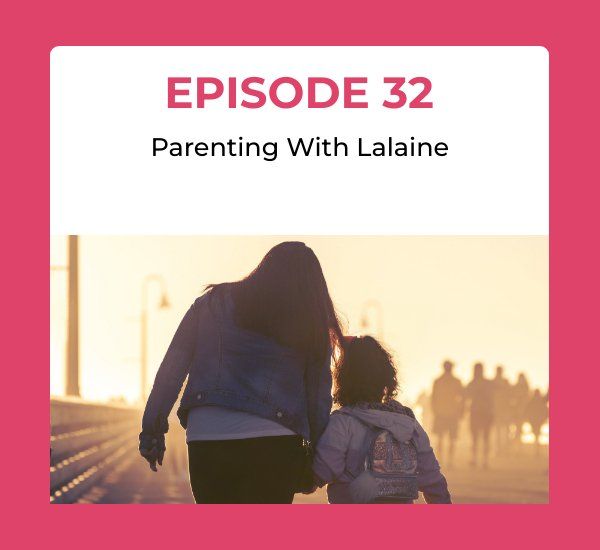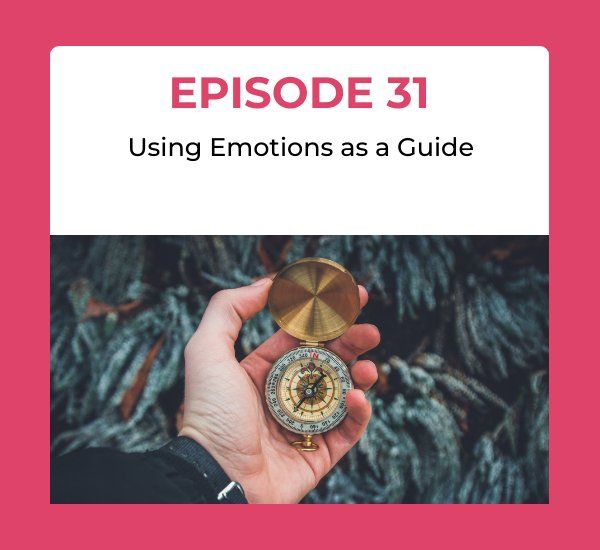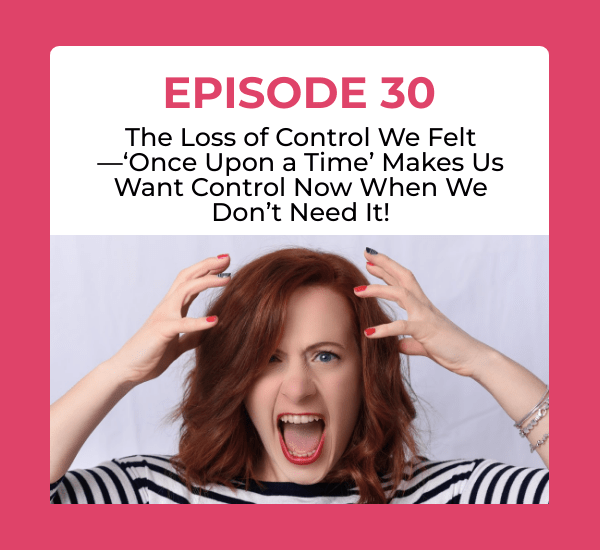7 Stress Relief Tips to Help Kids Cope & Flourish
Stress in babies is a response to an adverse event(s) or change in their lives, such as being hungry, wet, sick, or in pain. Stress in young children is a response to the same situations as when they were babies, but added to the list is: “I want what I want—when I want it, and I’m not getting it.” While the stress response is natural in small amounts, extreme or prolonged stress and the response to it can uproot a child’s entire life by drastically changing how they think, feel, and act.

Stress falling under the category of “I want something and aren’t getting it,” is optional. It’s not optional that stress or challenges arise, but the response to it is optional—and it can take a long time to learn that, so be patient with yourself, you’re doing a good job. Teaching kids to self-regulate can begin at a very young age. When the stress is caused by a mini- or major upset or tantrum, a simple way to handle the event is to ask the child to notice how they feel inside. Depending on their age, you can share strategies that will bring them back to their natural state in a few seconds, and explain to them that you are sharing ways to get out of stress because you care about their wellbeing, and they are the ones who can self-regulate.
Children depend on their caregivers to teach them how to respond to stress as they develop and grow while absorbing the feelings of those around them. Unfortunately, children aren’t oblivious to their caregivers' stress and emotional states, nor do they have the emotional or vocabulary intelligence to express themselves when they lack an understanding of the world around them. These emotions feel unpredictable, uncomfortable, and can be just plain scary to kids.
Keep reading to learn how you can help your child recognize the signs and symptoms of stress and some fun stress-relieving activities to equip them better to handle these otherwise debilitating emotions, and avoid long-term stress.
Sources of Stress in Children & Teens
Illness, pain, injury, and other life changes can be major stressors for children and teens. Other potential sources of stress may include:
| Bullying and peer pressure | Puberty |
|---|---|
| Negative self-image | Family money problems |
| Divorce/separation | Feeling unsafe in the home or neighborhood |
| Death | Feeling entitled |
| Academic stress related to schoolwork and grades | Beliefs, ideas, opinions and thoughts that are not the truth such as I am bad, the other person is wrong, etc. |
| Moving and changing schools |
What Does Stress Look Like in Children & Teens?
Stress can come across as emotional, behavioral, and physical changes in children and teens.
Physical Symptoms in Children & Teens
- Headache
- Sleep disturbances
- Upset stomach or stomach pain
- Change in appetite
- Nightmares
Younger children may experience new or recurrent bedwetting.
Behavioral & Emotional Symptoms in Children
- Complaining about school
- Displaying fearful reactions
- Moodiness or irritability
- Crying
- Regularly expressing worry
- Becoming overly clingy
- Aggression or stubbornness
- Anxiety and worry
- Restlessness
- Juggling responsibilities between school and home
- Withdrawing from school or family activities
Behavioral & Emotional Stress Symptoms in Tweens & Teens
- Moodiness or Irritability
- Increased anxiety
- Decreased grades
- Avoidance
- Helplessness or hopelessness
- Staying up all night and sleeping all-day
- Breaking curfew
- Depression
7 Tips on How You Can Help Your Child Manage Stress
Doing many stress management and extracurricular activities with your kids will help them cope with uncertainty and let them relax back into being kids!
Tip #1: Have Fun
Children and teens need time to do things that make them happy. It can be tough to have fun when they’re dealing with the constant stress of school, homework, grades, and competitive extra-curricular activities. Spending quality time with kids and incorporating fun into their daily activities helps them reduce levels of stress.
Tip #2: Physical Activity
Children, teens, and even adults who exercise regularly tend to have better mental health and emotional well-being. In addition, being active is a natural stress reliever—it releases endorphins that make people of all ages feel happier. Doing 60 minutes of daily physical activity for children ages 6 to 17 has proven to reduce anxiety and lead to positive self-esteem
Tip #3: Spend Time in Nature
Spending time outdoors improves the overall well-being of children and adults. Research has proven that people who spend more time in nature are less depressed and anxious and better able to cope with life’s stresses.
Tip #4: Practice Good Sleeping Habits
Experts recommend between nine to 12 hours of sleep every night for children ages 6 to 12, while teens require eight to 10 hours of nightly shut-eye. Practice routine sleep and wake-up times and cut-off screen time at least two hours before lights out for the best night's sleep. This can be a challenge because it seems like it’s peaceful when kids are on their devices, but they over-stimulate a child. During the two hours before bed, some ideas for your family are: do quiet time activities, like reading, or family activities, like going outdoors when possible, or playing a game.
Tip #5: Don’t Be Afraid to Talk About Stress
When children aren’t encouraged to talk about stressful situations, they may feel uncomfortable opening up to you—or anyone else—if their feelings aren’t taken seriously or if they feel like their feelings don’t really matter. Children need trusted adults to turn to in difficult times without feeling ashamed of their feelings, so make sure they know that every emotion they have—regardless of how small—matters.
Tip #6: Put Feelings into Writing
Studies have proven that journaling helps to reduce stress and improve wellbeing. Encourage your child to write about all feelings, positive and negative, and get into the habit of practicing gratitude for everything they have and are proud of.
Tip #7: Learn Mindfulness
Teaching children about deep breathing and mindfulness as a stress-buster from a young age can significantly reduce stress later in life. For example, a 5-week study of mindfulness showed that teens between the ages of 13 to 18 who practiced mindfulness were less stressed than teens who didn’t. When feeling stressed, encourage them to close their eyes and engage in a deep breathing exercise where they must imagine a place that makes them feel calm. This can help reduce stress.
Reduce Your Child’s Stress By Learning How to Manage Yours
Stress in children can be a complex emotion to conquer, especially when parents haven’t quite figured out how to deal with it themselves.
Learn how to give yourself some “right now stress relief” in any challenging situation with your kids by reading The Kide Code, a positive parenting book that allows you to apply practical parenting strategies that work in 30 seconds or less and eliminate upsetting feelings instantly for stress-free kids.
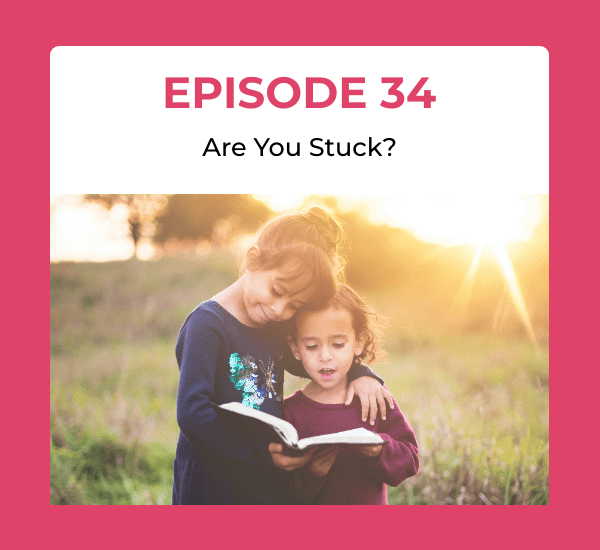
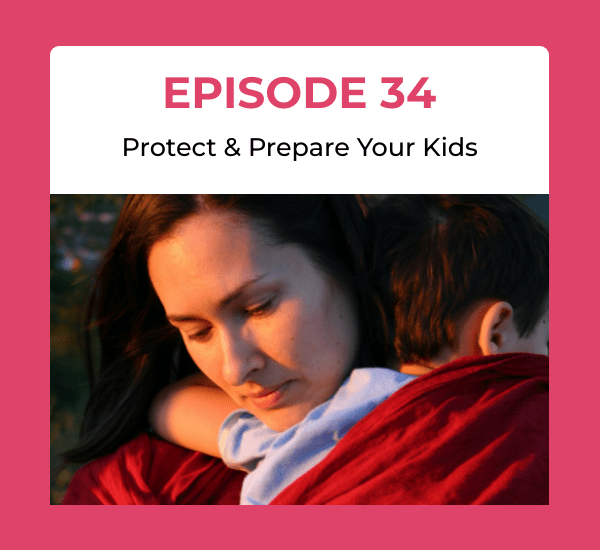

You assume and accept all responsibility and liability for using the content contained herein. This content is not intended to replace professional advice.
All Rights Reserved | The Kid Code | Website Created by CCC

